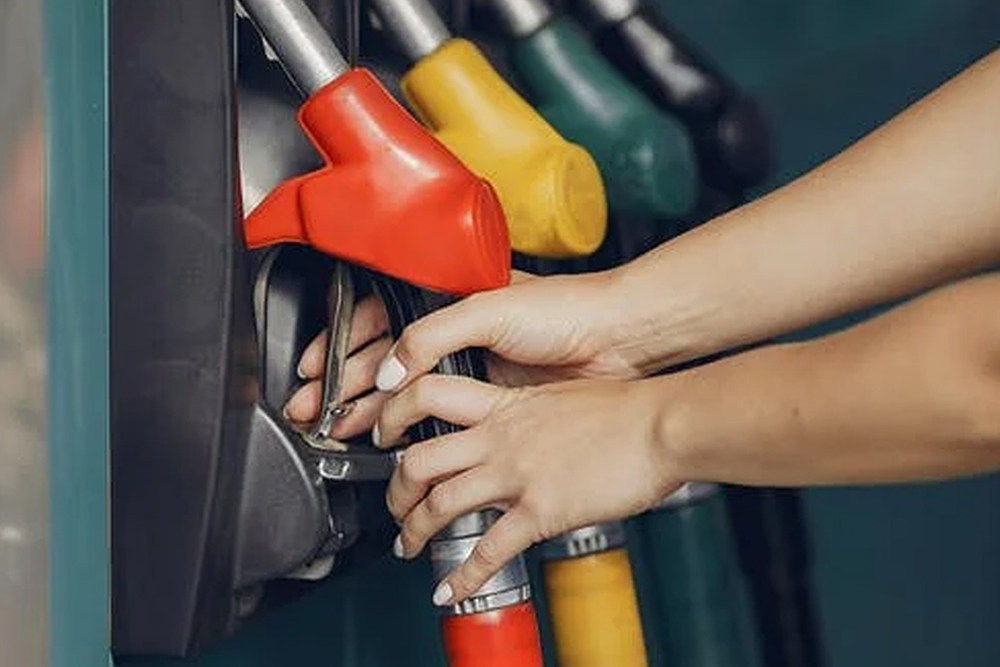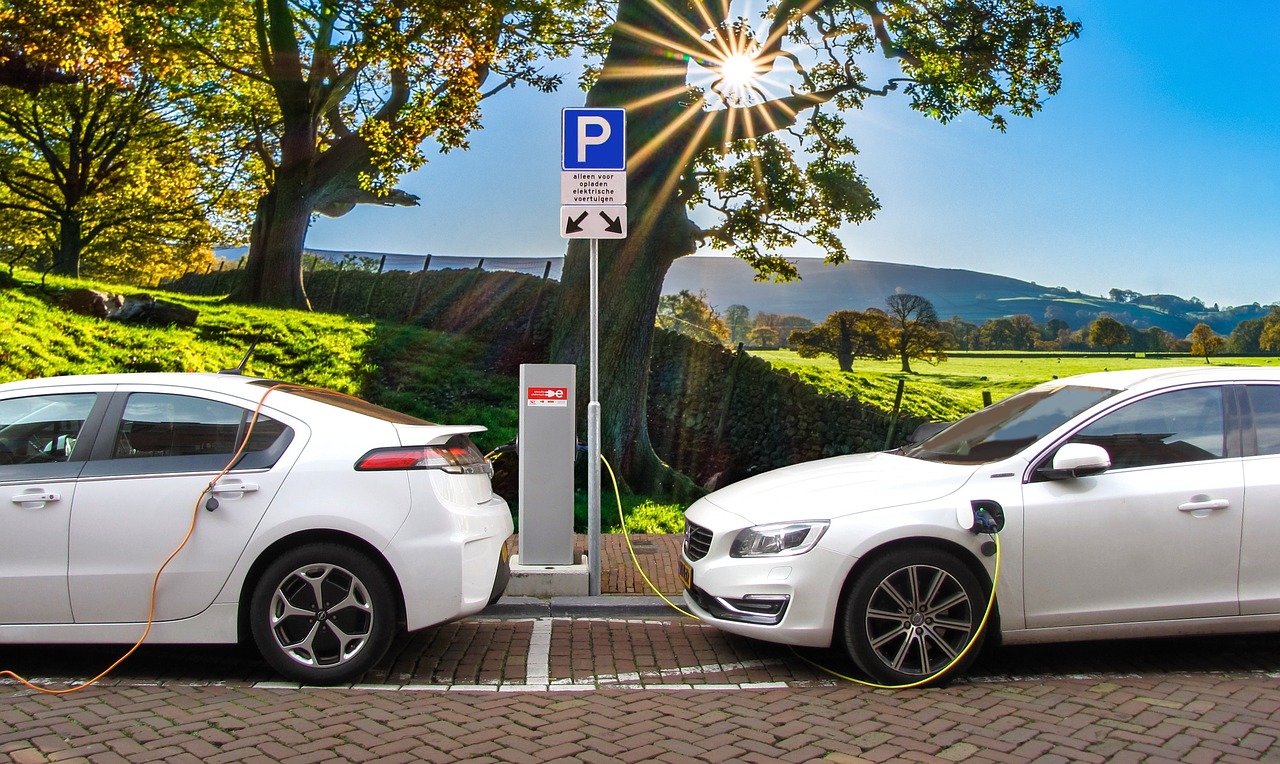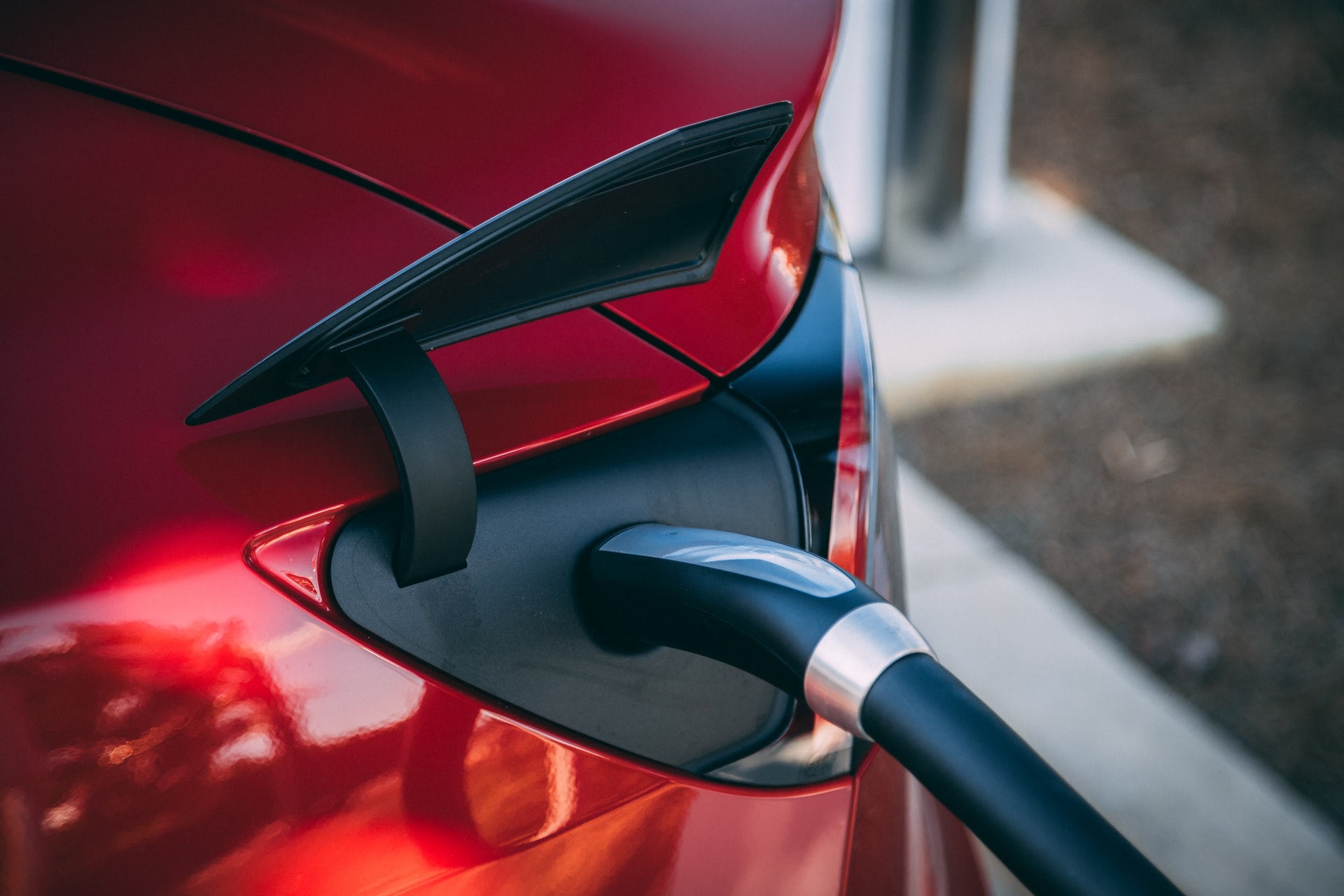
Roman Danaev
Regular car servicing is essential to maintain the performance, safety, and resale value of your vehicle. Most car owners are aware of the importance of car maintenance, but they may not know the difference between a full car service, interim service, or major service, and what these services entail. A full car service is a comprehensive check and maintenance of the whole car, usually recommended once a year or after 12,000 miles, whichever comes first. It is crucial to have your car serviced regularly to prevent wear and tear of car parts and save money on costly repairs in the long run.
What is the difference between a service and a full car service?
A regular car service typically involves basic maintenance tasks, such as: changing the engine oil and oil filter, checking and topping up fluids like brake fluid, power steering fluid, and coolant, inspecting the brakes, tires, and suspension, and possibly replacing the air filter. The exact tasks can vary depending on the manufacturer's recommendations and the vehicle's mileage.
On the other hand, a full car service is a more comprehensive maintenance check that covers all the elements included in a regular service, as well as additional checks.
Essentially, a full car service is a more complete and thorough check of the vehicle's overall health, which can help ensure that it's running safely and efficiently.
What does a full car service include? Let’s count
A full car service typically includes the following:
- Oil and Oil Filter Change - This is a vital component of a car service that ensures the engine is well-lubricated, and the oil filter is replaced to prevent dirt and debris from entering the engine.
- Air Filter Check and Replacement - The air filter is checked and replaced if necessary to ensure that the engine gets enough air for fuel combustion, which contributes to fuel economy and engine performance.
- Brake Check - The brakes are checked to ensure that they are working correctly and that the brake pads are not worn out.
- Fluid Check and Top-Up - The car's essential fluids, such as power steering fluid, brake fluid, engine coolant, and fuel lines, are checked and topped up to ensure the vehicle runs smoothly.
- Spark Plug Check and Replacement - Spark plugs are checked to ensure they are clean and functioning correctly. If necessary, they are replaced to improve the car's fuel economy and power.
- Belt and Timing Chain Check - The belts and timing chains are checked to make sure they are not worn out, which could cause the engine to fail.
- Fuel Filter Check and Replacement - The fuel filter is checked and replaced to ensure that dirt and debris do not enter the fuel pump, which could cause the engine to stall.
- Tire Check and Rotation - The tires are checked for wear and tear and rotated to ensure even wear and prevent accidents.
- Battery Check - The battery is checked to ensure that it is functioning correctly and that the terminals are clean.
- Lights Check - The car lights are checked to ensure that they are working correctly, including the headlights, brake lights, and turn signals.
It's important to have your car serviced regularly to maintain its performance, safety, and resale value. A full car service is a comprehensive check that ensures that the essential components of your vehicle are functioning correctly and that any worn-out parts are replaced. Regular servicing can prevent costly repairs in the future, improve fuel economy, and help you avoid any legal requirements related to car maintenance.
When should I get a full service?
A full car service is typically recommended by car manufacturers once a year or after 12,000 miles, whichever comes first. Regular servicing is essential to maintain your car's performance, safety, and resale value. Here are some reasons why you should get a full car service:
- Preventative Maintenance - Regular car servicing can prevent wear and tear of car parts and detect potential problems before they become major issues. This can help you save money on costly repairs in the long run.
- Improved Fuel Economy - A full car service can improve your car's fuel economy by ensuring that all components are working efficiently, such as the air filter, fuel filter, and spark plugs.
- Safety - Regular car servicing can improve the safety of your vehicle by ensuring that the brakes, tires, lights, and other essential components are working correctly.
- Warranty Requirements - If your car is under warranty, regular car servicing is often a requirement to keep the warranty valid.
How much does a full car service cost?
The cost of a full car service can vary, but on average, it will cost around £125. However, prices can range from £120 upwards, depending on the garage and the specific service they offer. Some garages may offer a fixed price for their full service, while others may have variable pricing based on any additional repairs or parts needed. It's a good idea to shop around and compare prices when booking a full car service, as you may be able to find a better deal. Keep in mind that the cost of the service does not include any repairs or replacements of new parts, which will be charged separately.
If you want to know more about the costs on car service in the UK, you may want to read - How much does a car service cost in the UK?
How long does a full car service take?
A full car service typically takes around three hours to complete. This is a comprehensive check of the whole car, and it is recommended to be carried out annually or every 12,000 miles. However, the length of time it takes for a full service can vary depending on the age and condition of the vehicle. In some cases, it may take longer if the vehicle is in poor shape or requires additional work. If you drop your car off in the morning for a full service, you should expect to get it back before the end of the day. Additionally, it's worth noting that you can combine your full service with an MOT to save time and money, but this will likely require your car to be in the garage for the entire day.
How often do you need a full car service?
We would recommend having a full car service annually or every 12,000 miles, whichever comes first. However, the frequency of the service may vary depending on the make, model, age, and usage of your car.
It's best to check your car's manual or ask a trusted mechanic for advice on how regularly to service your car. Some car manufacturers may recommend more frequent servicing, while others may recommend less. Regular car servicing is important to keep your vehicle in good condition, improve its performance, and maintain its resale value.
Do I need a full service for my financed car?
Yes, if you have a financed car (PCP or HP), you will still need to get a full service to keep it in good condition and to maintain the manufacturer's warranty. Some finance agreements require you to have your car regularly serviced as a condition of the agreement. It's important to keep up with your car's servicing requirements to avoid any potential problems that could affect your finance agreement.
If you need to finance a car, Carplus is a great place to start. We offer a wide range of car finance options, and you can get a quick and easy quote online. Contact Carplus today to find out more about their car finance options.
Can I do a full car service myself or not?
While some basic maintenance tasks like changing the oil, air filter, and windscreen wipers can be done by yourself, a full car service typically requires specialized tools and knowledge that may be difficult for the average person to acquire. A full car service involves checking and repairing many components of a vehicle, including the engine, brakes, suspension, steering, and electrical system, which can be quite complex.
Additionally, many modern vehicles are highly computerized and require specialized diagnostic tools and software to properly diagnose and repair issues. Attempting to perform a full car service without the proper tools or knowledge could lead to further damage to the vehicle and potential safety risks.
It is generally recommended that full car services be performed by trained and certified technicians at a reputable auto repair shop. This will ensure that your vehicle is properly maintained and running safely and efficiently.
Final words: Is full car service worth it?
In the end, a full car service is worth it as it helps keep your car running smoothly, improves fuel efficiency, and reduces the risk of breakdowns. Regular servicing can also extend the life of your car and prevent expensive repairs down the road.
For drivers, it is important to pay attention to the recommended service schedule in your car owner’s manual and make sure to have your car serviced regularly. This includes oil changes, replacing filters, checking and topping up fluids, and inspecting brakes and tires. Regularly maintaining your car can help you catch potential problems early and avoid costly repairs. Additionally, it's essential to drive your car responsibly, avoid harsh driving habits and follow a regular cleaning routine to prevent the buildup of dirt and debris that could damage your car's components.
Finally, if you do notice any unusual sounds or issues with your car, be sure to have it checked by a professional as soon as possible to avoid further damage.
Contents
- What is the difference between a service and a full car service?
- What does a full car service include? Let’s count
- When should I get a full service?
- How much does a full car service cost?
- How long does a full car service take?
- How often do you need a full car service?
- Do I need a full service for my financed car?
- Can I do a full car service myself or not?
- Final words: Is full car service worth it?
Latest News
| Loan amount: | £16,000 |
|---|---|
| Length of loan: | 60 months |
| Interest rate: | 12,9% |
| Amount of interest | £5,793.84 |
| Total payment: | £21,793.84 |





